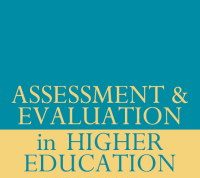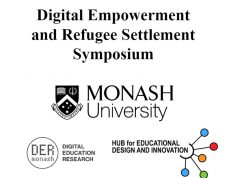Author(s):
Michael Henderson
Ilana Snyder
Denis Beale
Year of publication: 2013
 There is a surprising lack of empirical research in schools about the pedagogical designs of social media and particularly the factors that facilitate or hinder desirable outcomes. Consequently, this paper offers a review of the limited empirical research literature, and is particularly valuable because it not only focuses on school contexts, when the literature is dominated by the tertiary sector, but also because it carefully excludes uses of social media that do not leverage its particular affordances, that is, social interactivity. Findings reveal a series of design principles for educators, including three broad conclusions that social media for collaborative purposes is best utilised when: (a) social media is not redundant to current practices but offer something new, (b) strategies are in place to help students learn how to work collaboratively, and (c) the tasks are appropriate.
There is a surprising lack of empirical research in schools about the pedagogical designs of social media and particularly the factors that facilitate or hinder desirable outcomes. Consequently, this paper offers a review of the limited empirical research literature, and is particularly valuable because it not only focuses on school contexts, when the literature is dominated by the tertiary sector, but also because it carefully excludes uses of social media that do not leverage its particular affordances, that is, social interactivity. Findings reveal a series of design principles for educators, including three broad conclusions that social media for collaborative purposes is best utilised when: (a) social media is not redundant to current practices but offer something new, (b) strategies are in place to help students learn how to work collaboratively, and (c) the tasks are appropriate.
Citation and access details:
Henderson, M., Snyder, I., & Beale, D. (2013). Social media for collaborative learning: A review of school literature. Australian Educational Computing, 28 (2), pp. 1-15. Available at: http://journal.acce.edu.au/index.php/AEC/article/view/18







